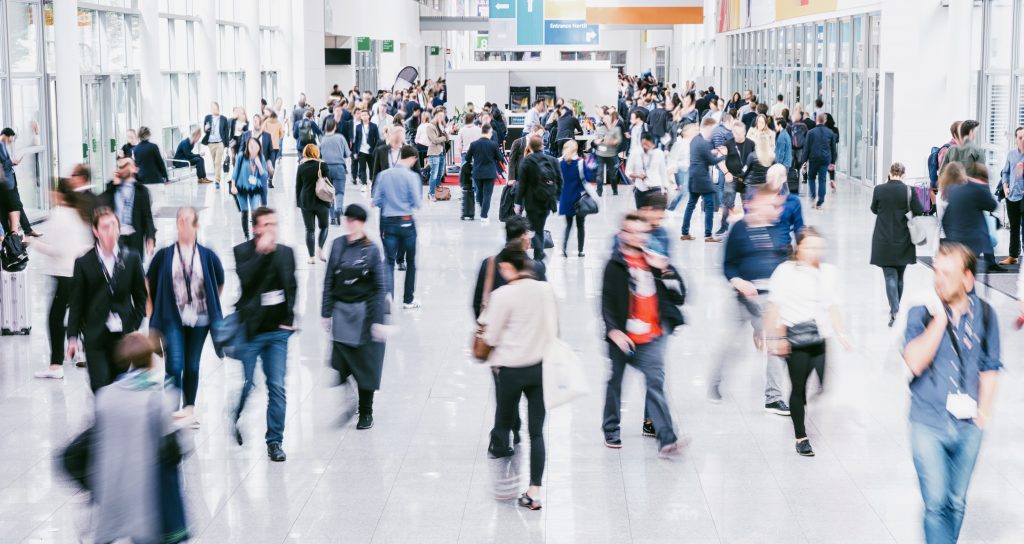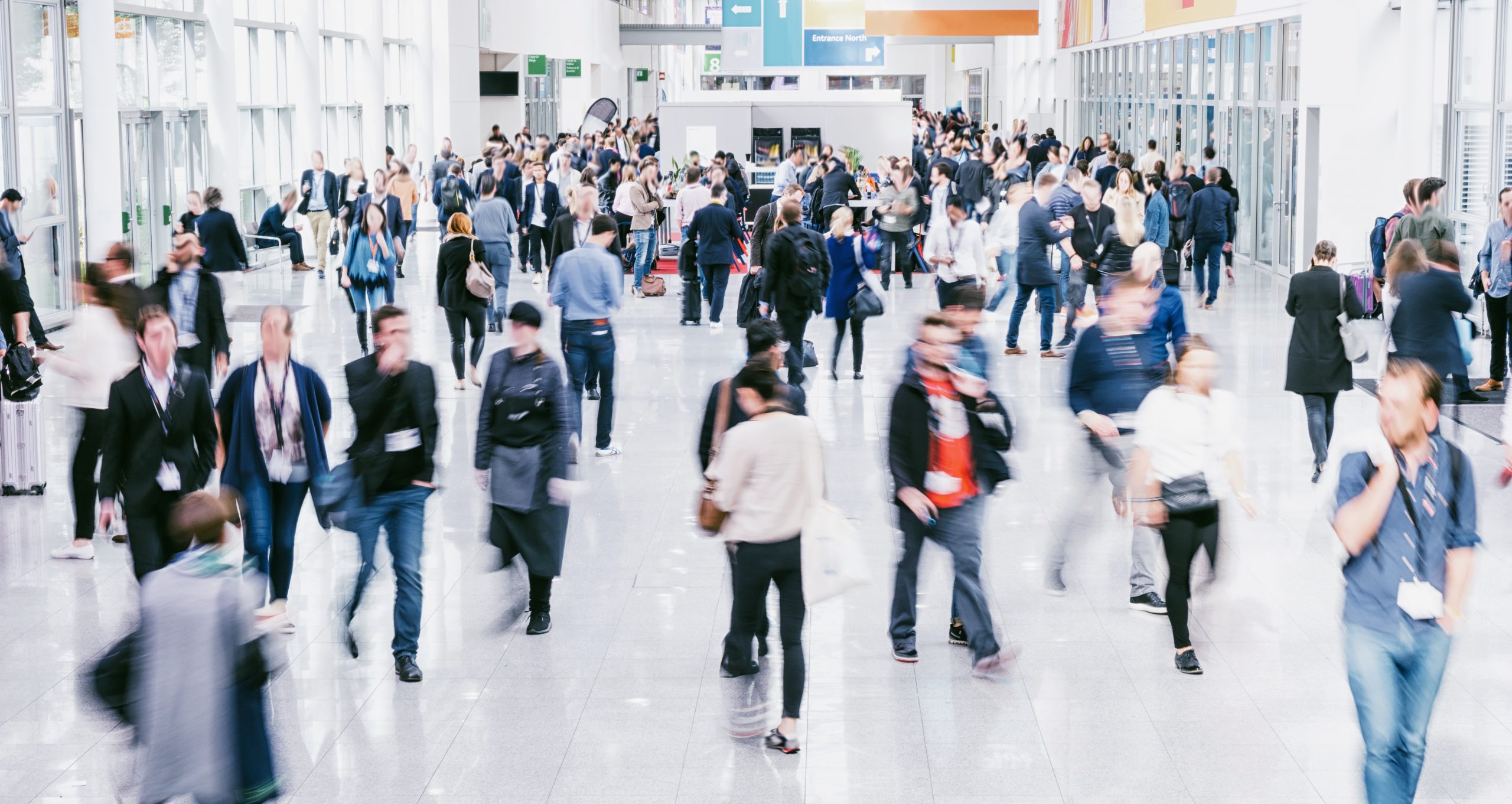There’s something missing from our lives. And it can’t return soon enough, writes Neil Farmer.

My career in the international packaging industry, spanning almost 43 years, has taken me to many countries in the world, including most of Europe, China, Japan, South Africa, the Middle East, North and South America. On the course of my travels I have been able to investigate new companies, technologies and innovations. For example, I first visited Japan in the mid-1980`s when the country was at the forefront of technological development and new product innovation. The dynamism of the packaging industry was truly illustrated to me at this time and this quality has never diminished over the subsequent years.
I mention all this because an integral part of that research centred around packaging trade shows. My abiding memory of the Pakex Show at the NEC, Birmingham in 1981 is the state- of- the-art Tetra Pak machine, which was not only making cartons on the stand but filling them as well – one of the original “hole in the wall” operations. A truly memorial innovation in the liquid carton market. I well remember my first experience of the Interpack Exhibition, in Dusseldorf and the enormity of the 16 halls of the Messe. I was able to meet customers and potential new clients who had travelled from South America, the Middle East and Australia just to be at the world`s greatest display of packaging innovation and technology. Crucially they were there also to meet and connect, one of the key elements of being involved in person-to-person exhibitions. We go to see industry colleagues, meet new people, learn and interact.
Implications of Covid-19
Inevitably this brings me to where we are now with the Covid-19 pandemic and the postponement of so many trade shows. We are learning about the benefits of zoom calls, virtual exhibitions and developing business opportunities in a new way. The question now, of course, is what will happen to the old exhibition business model when the pandemic has subsided and life returns to some semblance of normality. I suspect for some, the changes in business relationships will be permanent. The virtual model will have worked for them and their future is digital. The benefits of having virtual exhibitions and inviting customers to see the products and services online may prove to be more cost effective and eminently capable of generating new business. For others there will be a desire to get back to the old ways of working, of meeting clients, of learning first-hand about new technologies and physically walking around a show. For some companies the benefits of this will be too great a business opportunity to ignore. There are some show organisers who have indicated their events next year will be shorter and potentially smaller. This is inevitably a function of the economic costs of the pandemic and bottom-line pressures. It also reflects the simple logic of the laws of supply and demand – organisers and exhibitors alike are still uncertain about the future of their business models post-pandemic and caution is the byword.
My belief in exhibitions
For me personally there has been some regret that for this year, and probably some of next, we will not be able to visit exhibitions, meet colleagues and see the latest developments in the industry. There is a buzz about walking into a big show for the first time and sensing the energy and dynamism in the halls. Many companies will have made great efforts to display their wares and on the first day there is great enthusiasm and drive amongst all, exhibitors and visitors alike, to make human contact. Whether to renew old acquaintances or develop new business contacts the same excitement undoubtedly exists. I am personally optimistic our shows will return and I, for one, can`t wait for this to happen.

Neil FARMER is the Managing Director of Neil Farmer Associates. He’s one of the world’s leading authorities on packaging and a fellow of the Institute of Packaging. Author of: Trends in Packaging of Food, Beverages and other fast-moving Consumer Goods (FMCG), published by Elsevier.




